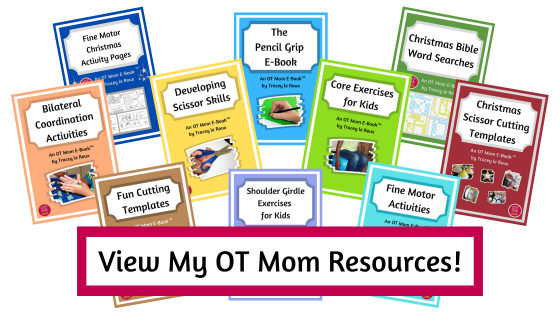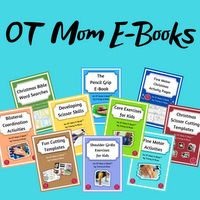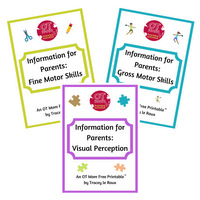- Home Page
- Visual Perception Activities
- Behavioral Optometrist
Does My Child Need A
Behavioral Optometrist?
I often recommend an assessment by a behavioral optometrist for children who are struggling with reading,
writing, visual perceptual or hand-eye coordination difficulties. If your child has been referred to a behavioral or functional optometrist, this article may help you understand the importance of the referral.
I sometimes link to products (#Ad) that are similar to those I use and love. If you do purchase something through my links, I will receive a small commission that helps support my site - thank you!
Because Vision is so much more
than 20/20 Eyesight!
Those “eye tests” that your child undergoes at school are very basic screenings that check eyesight across a room by reading a chart of letters.
However, this only picks up basic 20/20 eyesight problems, and the child who struggles with 20/20 eyesight is usually referred to a conventional optometrist, for further acuity testing and the eventual prescription of glasses.
The school screenings do NOT identify children who have vision problems!
As this quote from Pave Vision points out “It is important to be tested for both 'eyesight' and 'vision,' since HOW you use your vision is sometimes more important than how CLEARLY you see.”
Here's what I cover in this article:

Kids and Their Vision
In order to read well, copy work from the board or take part in sports, your eyes need to work well together in order to send the correct information to your brain.
The ability of the eyes to work well together is known as functional visual skills.

Children with poor functional visual skills may struggle to copy work from the board because their eyes struggle to change focus from the nearby paper to the board which is further away.
When the eyes don't move smoothly together, the child may struggle to track the line of words on the page, so they keep losing their place when reading.
When playing sports, kids with poor functional visual skills may struggle because their eyes can’t hold their focus on a moving object, such as a ball moving towards them.
Signs Of Possible Vision Problems
If your child's eyes are not working well together, these are a few of the signs that you may see in your child while he or she is carrying out school tasks:

- tilts or moves head while reading or writing
- covers one eye when reading or writing
- loses place or leaves out words when reading or writing
- complains of tired eyes / rubs eyes / eyes watering during reading and writing work
- reading or writing deteriorates as the lesson goes on
- reads very slowly, with a great deal of effort
- easily distracted and shows poor concentration, owing to the great deal of effort it takes to maintain visual focus during classwork
What A Behavioral Optometrist Does
The vision problems above can be identified and treated by a behavioral / developmental / pediatric optometrist (different names for the same professional!).
- Sometimes called vision therapy, or visual therapy, it is customized to your child's needs and can include the use of balance boards, metronomes, computerized visual activities and much more.
- The treatment often includes home programs to be carried out by the parents in addition to in-room treatment at the behavioral optometrist’s practice.
Let me be very clear that vision therapy is not a cure for learning disabilities.
However, helping your child develop efficient visual skills is just as important as working on fine motor, gross motor and coordination skills, all of which would help your child gain mastery in specific areas of school life.
Just as you would want to strengthen weak hand muscles and work on your child's core stability to give your child a better chance in the classroom, you would also want to strengthen functional eye skills if they are weak.

Children who struggle with basic eye functioning often tire easily in class, which can be incorrectly labelled as ADHD. They tend to fall behind in their work, and don’t perform at their potential in reading and writing tasks.
If this sounds like your child, check out these helpful resources and see if your child would benefit from seeing one of these specialized optometrists.
Resources
(these links go out to other websites which are useful)
- an excellent page on vision development and the role of a behavioral optometrist
- What Vision Therapy is and isn't, and how it can help your child.
- A useful article on the link between vision and learning.
- Finding a Behavioral/Pediatric Optometrist in your area.
- No viable option near you? Try Eyes on Track#Ad for ideas to help your child at home.
I hope you found this page helpful!
- Home Page
- Visual Perception Activities
- Behavioral Optometrist
Share this page to help others!
Didn't find what you were looking for? Try a search of my site!






